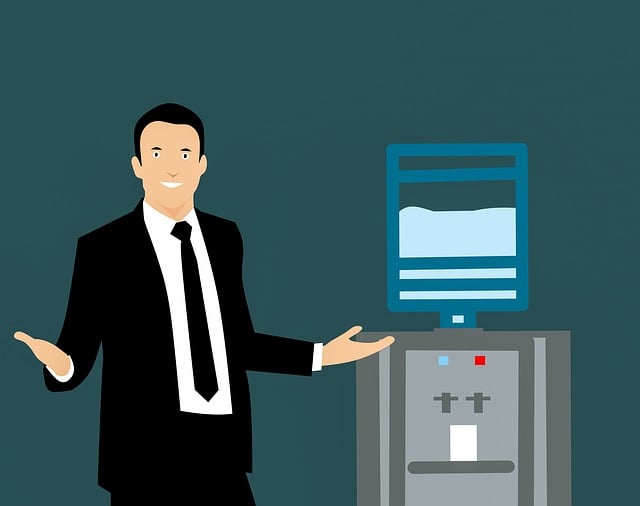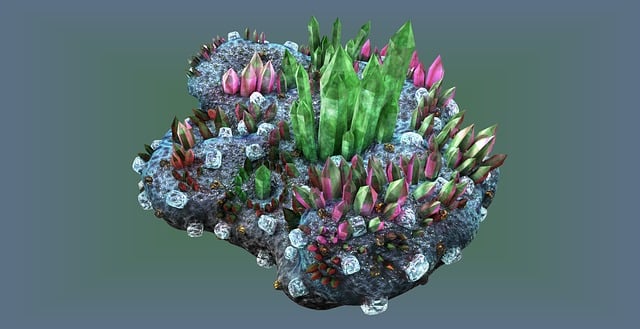Hard water, high in calcium and magnesium, causes mineral deposits (scaling) in water heaters, reducing efficiency and potentially damaging them. Effective hard water solutions include installing water softeners for ion exchange removal, using descaling agents to dissolve deposits, employing cleaning products for regular maintenance, and utilizing filtration systems with reverse osmosis or carbon filters to trap minerals before they reach the heater. A comprehensive approach combining these methods prevents scaling, ensures optimal water heater performance, and prolongs its lifespan through regular flushing and cleaning.
Maintaining a well-functioning water heater is crucial, especially in regions with hard water. This guide explores effective strategies to prevent scaling and prolong your water heater’s lifespan. We delve into the science behind hard water and its impact on heaters, highlighting the pivotal role of water softeners, descaling agents, and filtration systems as powerful solutions. Additionally, discover top-rated cleaning products and routine maintenance tips for optimal results, ensuring a steady supply of clean hot water without mineral deposits.
- Understanding Hard Water and Its Impact on Water Heaters
- The Role of Water Softeners, Descaling Agents, and Filtration Systems
- Effective Cleaning Products and Regular Maintenance Tips
Understanding Hard Water and Its Impact on Water Heaters

Hard water is a common issue in many households and can significantly impact the performance and longevity of your water heater. The primary culprit behind this problem are mineral deposits, primarily calcium and magnesium, which naturally occur in hard water. Over time, these minerals can accumulate on the heating elements, tank walls, and pipes within your water heater, leading to what’s known as scaling. Scaling not only reduces the efficiency of the water heater but can also cause it to malfunction or even fail prematurely.
To combat this issue, homeowners have several effective hard water solutions at their disposal. One popular option is installing a water softener, which uses an ion exchange process to remove minerals responsible for scaling. Descaling agents and cleaning products specifically designed for water heaters can also be used periodically to eliminate existing mineral deposits. Additionally, investment in filtration systems that use reverse osmosis or carbon filters can help mitigate the effects of hard water by reducing the concentration of minerals before they enter your heater.
The Role of Water Softeners, Descaling Agents, and Filtration Systems

Water heaters are prone to scaling from hard water, leading to reduced efficiency and potential damage. To combat this, integrating specific solutions is essential. Water softeners, for instance, are designed to remove minerals that cause scaling by replacing them with softer ions, thus mitigating the buildup of mineral deposits within the heater.
Descaling agents, another effective hard water solution, chemically dissolve these deposits. They are particularly useful for severe cases and can be used periodically to keep the heater clean. Filtration systems, on the other hand, physically trap minerals and contaminants, improving water quality. Regular use of cleaning products specifically formulated for water heaters can also help maintain optimal performance by removing accumulated buildup.
Effective Cleaning Products and Regular Maintenance Tips

When it comes to effective hard water solutions, one of the key strategies is incorporating descaling agents and regular maintenance routines. Descaling agents are powerful cleaning products designed to target and remove mineral deposits that can accumulate in water heaters over time. These deposits, often composed of calcium and magnesium, can lead to reduced water heater efficiency and even damage if left unchecked.
In addition to using descaling agents, installing water softeners or filtration systems can be a game-changer. Water softeners are particularly effective at mitigating the effects of hard water by reducing the levels of minerals in the water supply. This prevents the formation of mineral deposits on internal components, ensuring optimal performance and longevity of your water heater. Regularly scheduled maintenance, including periodic flushing and cleaning, further complements these solutions, allowing you to stay ahead of scaling issues and maintain a well-functioning water heating system.
